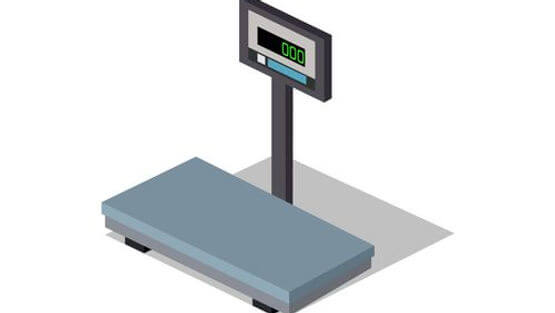Weights and measures have been the backbone of our economy going back to ancient times. The most ancient relics of a weighing scale have been discovered in the Indus River valley, near present day Pakistan, and are dated back to over 4,000 years. There is little evidence of change until around 1770 during the industrial era when the spring scale was invented by Richard Salter, a British balance maker. The spring scale, as the name implies, measures the pressure (or the tension) exerted on a spring to deduce the weight of an object.
Today, spring scales are still fairly common but when accuracy is essential, electronic systems designed and perfected during this century or digital scales for weighing and displaying the results in a digital format, are now the norm. Accurate/Western Scale Co. Ltd. offers a variety of scales and indicators for your needs, including analog and digital models. We also have options in printers for custom receipts, orders, digital load cell technology and more.
How Is Accuracy of a Digital Scale Measured?
When your business relies on the accuracy of weight measures for profitability, then digital scales can provide you the confidence you need. Accuracy, the degree to which a measurement relates to its actual (true) value, is a hot topic of debate in the weighing industry as the usage of the term varies between weighing professionals. Accuracy is usually stated as a percentage and it is important to determine if the percentage is that of full scale (%FS) or that of actual reading (%AR). All measuring devices have some degree of inaccuracy since infinite precision can never be achieved. Some of the primary factors contributing to scale inaccuracy are readability, repeatability, linearity, and uncertainty of measurement. The accuracy of a weighing device can only be determined by direct testing of the device at its intended location of use. So, if a scale manufacturer claims an accuracy of 1%F.S., they mean the scale should have an error of less than 1% of full scale if the scale has been properly adjusted.
Types and Variations of Digital Scales
Digital scales come in a variety of sizes and purposes each with their own comprehensive specifications. For example, Platform Scales, also known as parcel scales and packaging scales, are used for heavier weighing tasks, while Hanging Scales are popular for receiving docks and warehouses to check the weight of merchandise as it is unloaded or relocated using an overhead crane. Precision Scales, depending on the model, have higher weighing capacities and weighing ranges from readings in milligrams (0.001g) to a capacity of 31,000g.
Contact Accurate/Western Scale Co. Ltd. for Measurement Canada Accredited Digital Scales
Whether you need a weighing system large enough to weigh trucks and livestock, or you need a scale small enough to fit the countertop of your retail shop, you can count on Measurement Canada accredited Accurate/Western Scale Co. Ltd. to supply it. For purchases or questions about your industrial and professional scales needs call us at 403-250-3232 today.





